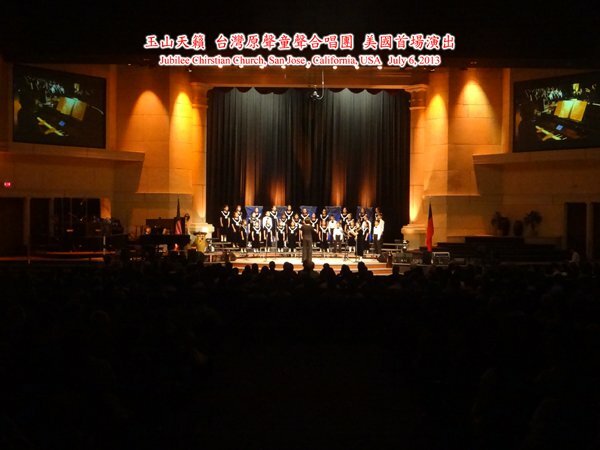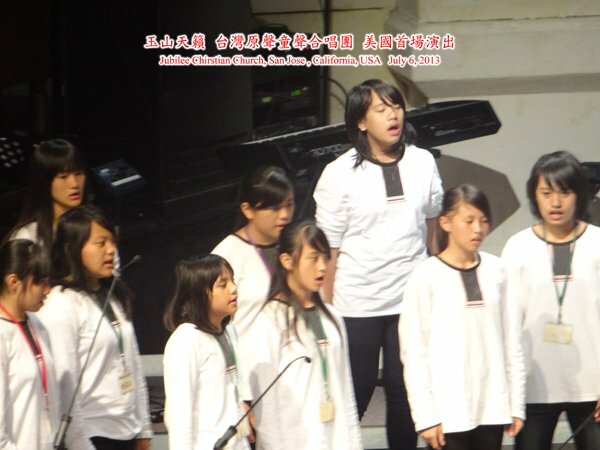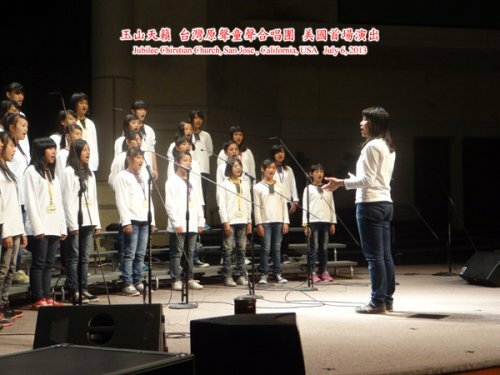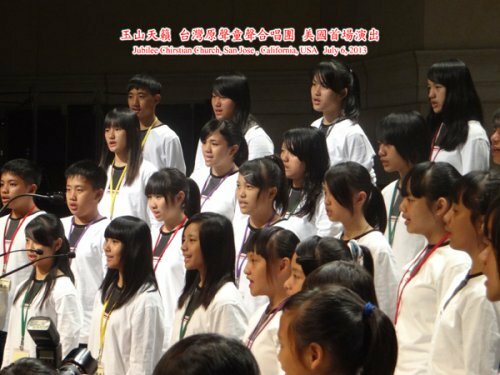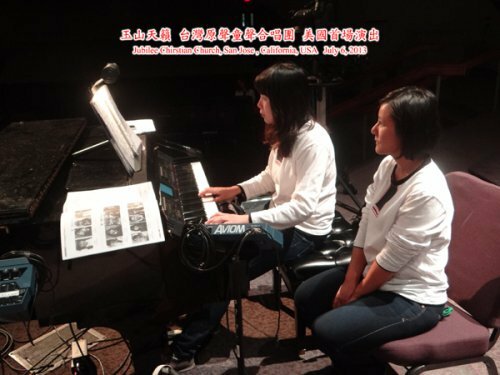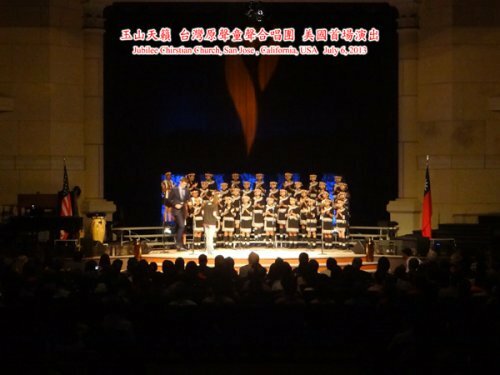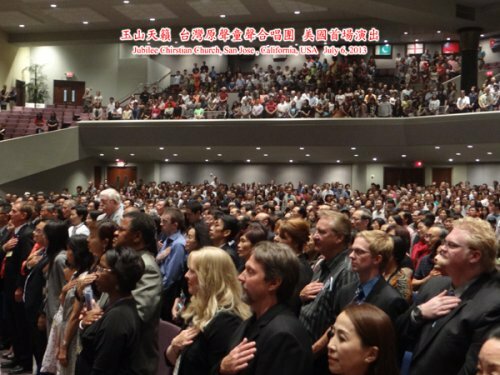At a time of slow global economic recovery, Taiwan is well placed in the worldwide competitive index, ranked 11th out of 60 economies, according to the World Competitiveness Scoreboard 2013. Released by the International Institute for Management Development (IMD) located in Lausanne, Switzerland, the 25th perspective on world competitiveness has the island listed as one of the “winners”. The island has moved up the rankings since 1997 when IMD first produced a unified ranking of advanced and emerging economies. China and South Korea also ranked highly, but behind Taiwan.
Better performing than South Korea
Stephane Garelli, head of IMD’s World Competitiveness Center, told Commonwealth monthly that the frequent winners in the World Competitiveness Scoreboard, such as Switzerland, Sweden and Germany, share common characteristics. They focus on manufacturing industries, export trade, and small and medium sized businesses. Garelli adds, “All these are the strengths of Taiwan too.”
South Korea, one of Taiwan’s main regional competitors, has not done well in the last five years, coming in 22nd in the World Competitiveness Rankings. Garelli noted that the South Korean economy depends entirely on big conglomerates, while Taiwan has many small and medium sized businesses which are more energetic and diversified.
Commonwealth reported that in the last five years, Taiwan has experienced an annual average commodity price increase of 1.38 percent while that for South Korea was 3.32 percent. Besides, Taiwan’s GDP, based on the rate of purchasing power parity (PPP), was US$37,252 in 2012, US$7,000 more than that of South Korea.
In the questionnaire indexes of labor/management relations and employee dedications, ranked Taiwan 14th and eighth respectively while those for South Korea were way behind at 56th and 42nd.
In other words, despite South Korea’s promising export performance, it is facing a rising rental market and commodity prices, and poor labor/management relations.
Taiwan’s weakness analyzed
According to Commonwealth’s analysis, in the four categories of competitiveness rankings, Taiwan dropped the most in business efficiency. With poor product innovation and little increase in added value, showing that Taiwan is certainly at a disadvantage.
Taiwan is advised by Garelli to develop more medium-sized businesses, like core German businesses with about 100 employees, focusing on technology and exports. If they can achieve the best in each field, they would do well in terms of competitiveness, he said.
Secondly, he suggests that the island should diversify its products and export markets. High-tech products account for 46.4 percent of Taiwan’s exports, the highest in the world. Besides that, Garelli suggests that Taiwan should also develop its biotechnology and healthcare.
He added, Taiwan’s exports focus on the US, European and Chinese markets. With the subprime mortgage crisis and European bond crisis, in addition to the slow growing Chinese market, Taiwan’s exports are bound to be impacted.
Alan Eusden, chairman of the American Chamber of Commerce in Taipei, also suggests that the Taiwan government ought to improve the process for foreign investment on the island, including an easier application process. “There is more for Taiwan to do to attract foreign investment, compared with other Asian countries,” he said.
The Commercial Times pointed out that the fundamental reason for Taiwan’s weak economy is a result of insufficient investment. Here, investment does not refer to the stock market or the housing market, but real capital formation of fixed assets.
As for the ratio of private investment in GNP, Taiwan has dropped to 14.9 percent in 2012 from 15.4 percent in 2011, lower than the 17-18 percent during the years of the global financial tsunami, and far less than the average 24 percent level of South Korea. Although South Korea’s economic growth was poorer than that experienced by Taiwan in the first quarter of this year, South Korean private investment was still higher, which means South Korea is not worried about a short term recession.
The Taiwanese government has always paid more heed to private investment in the manufacturing industry, but less so to the service industry, which is severely underfunded. Taiwanese investment in restaurants and hotels accounts for 12.9 percent of GDP (2008), 11.1 percent (2009), 12.5 percent (2010) and 11.7 percent (2011). As an industry with priority development from the government, it is not sufficient. How can more foreign tourists be attracted to Taiwan?
The service industry accounted for almost 70 percent of Taiwan’s GDP, creating almost 60 percent of the job opportunities. Proportionally speaking, Taiwan’s government is not providing enough attention and resources to the service industry.
Setting up Asia’s NASDAQ
The Economic Daily News said in an editorial that Taiwan’s current domestic investment is not just lower than that of foreign competitors, but even lower than in previous years. This is the key element of Taiwan’s slow economic growth.
The paper noted that Taiwan’s real capital formation of fixed assets and private investment in the last five years is lower than that for 2007, and net investment measured last year was only 60 percent of that in 2007. In recent years, the government and the financial industry spared little effort to provide funding to domestic production investment while mostly working on expanding the financial business and profits only. Scarce attention was put on the financial industry’s main mission to support domestic investment. The government’s policies of setting up an international financial center and Asia-Pacific-capital-raising plan are all to serve foreign investors, not to improve domestic investment.
Taiwan is rich in capital because its savings rate and export trade account for seven percent of its GDP. Taiwanese scholars proposed to take advantage of the local capital to set up a NASDAQ in Asia to provide baited capital to attract foreign high-tech companies to carry out manufacturing and R&D in Taiwan before going public there. The government and financial industry should also come up with similar active methods to use the rich Taiwanese capital to invest domestically so as to promote economic growth.

